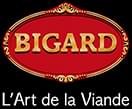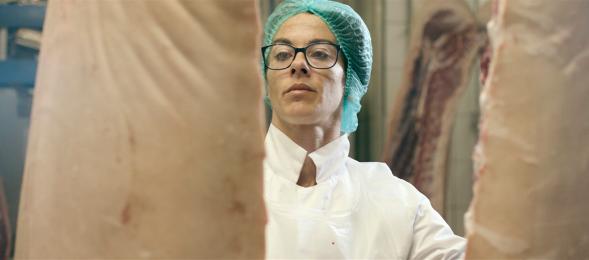The benefits
of our meats
With meat being a staple of the French diet, we strive to cater quality products that can provide nutritional benefits.
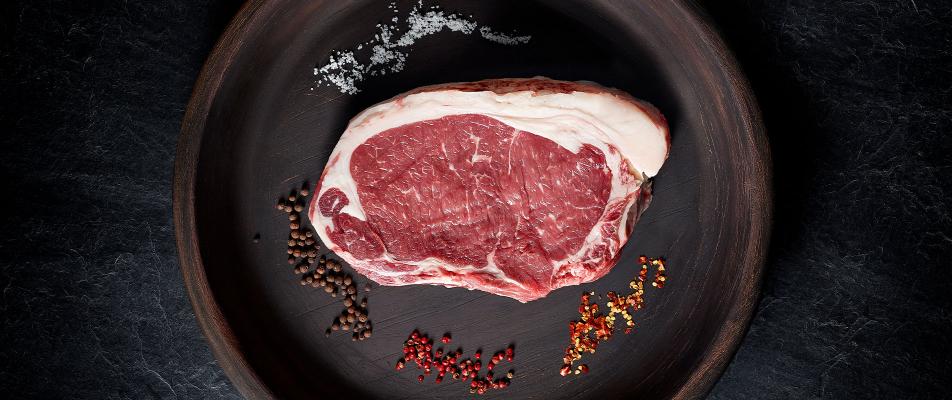
Meat and
a balanced diet
Providing meat in every form, the BIGARD Group has a commitment to help consumers enjoy meat that is rich in flavour but also a source of precious nutrients, to support their health through a well-balanced diet.

Meat is a natural source of vitamins and minerals.

Iron in meat is between two and five times better assimilated by the body than iron from plant-based products.

Food from animal origin supplies vitamin B12 in a form that is highly bio-available for people.
French people love meat !
The relationship that French people have with meat remains as strong as ever, with 93% of people agreeing that consuming and cooking meat is part of our culture. French people are not ready to give up meat in their diet: 82% of consumers interviewed said that humans have always been omnivores that have always consumed meat, and that this will always remain the case. *
*Sources: Ipsos survey for INTERBEV, July 2017.
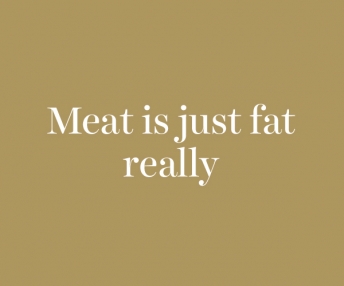
FALSE
More than 2/3 pieces of meat contain less than 8% fat.
Meat is an essential source of proteins, minerals and vitamins.
It is a natural source of vitamin B12 and iron, two nutrients that plant-based food does not supply in sufficient quality or quantity.
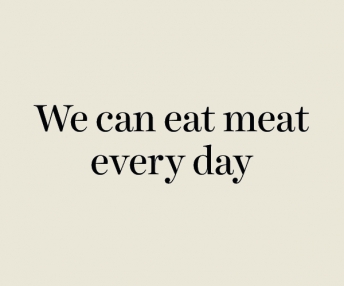
TRUE AND FALSE
It is possible to consume proteins (meat, fish or eggs) every day (more specifically 1 gram of protein per kilo of body weight every day, or 60 grams for a weight of 60 kilos) on the condition that it is part of a varied diet.
Remember: crudités for starter, a plate of animal protein with a side dish of vegetables or carbohydrates for main, a dairy product and some fruit...
Balance is found through diversity!
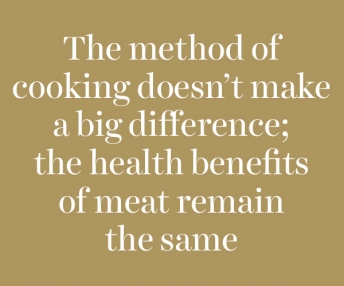
FALSE
To cook meat so as to maximise health, it is advised to avoid cooking directly on flames.
Another recommendation: minced meat for at-risk individuals (older people or young children) must be cooked right through to ensure the destruction of micro-organisms.

FALSE
No scientific study has ever confirmed that a food source in itself can be the cause of cancer, which is a complex condition that is affected by multiple factors.
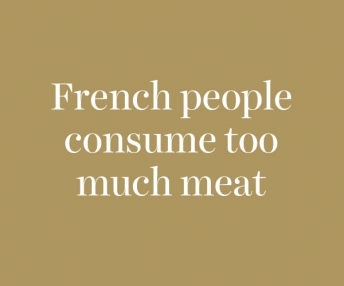
FALSE
French people consume on average 2 to 3 portions of meat outside of poultry, more specifically 320 grams of cooked meat, per person per week.
The threshold recommended for public health is 500 grams of cooked red meat per week.
We note that 80% of French adults consume meat in line with this recommendation.
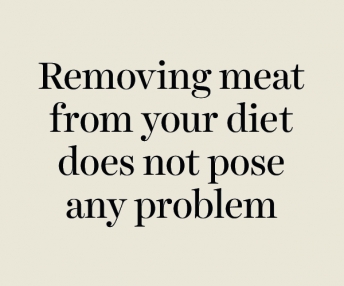
FALSE
Humans are physically omnivorous, so our diet does not exclude anything and our digestive system is adapted to a varied diet.
The complete removal of any food of animal origin creates a deficiency in vitamins, iron and calcium. It risks an imbalance in certain amino acids that are essential to all metabolic processes and to mental health.
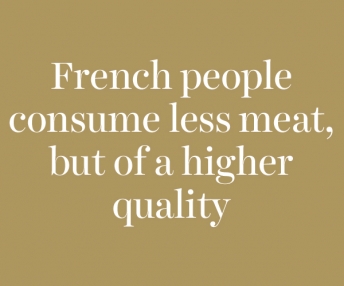
TRUE
While almost one out of every two French people (46%) say that they have reduced their consumption of meat, 89% say that they agree that it would be good to eat less of it but of a higher quality.
On this point, 86% say that French farmers produce high-quality meat.
